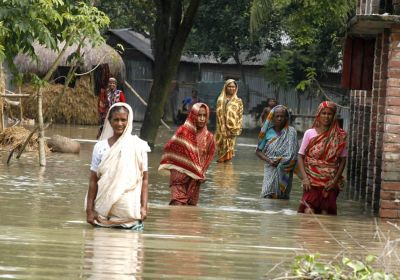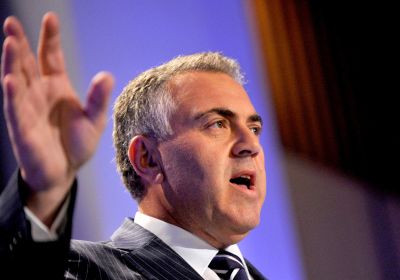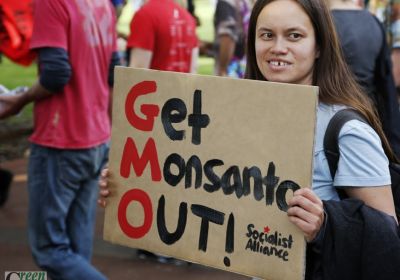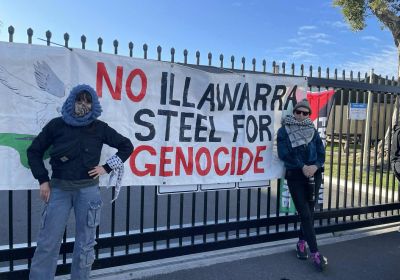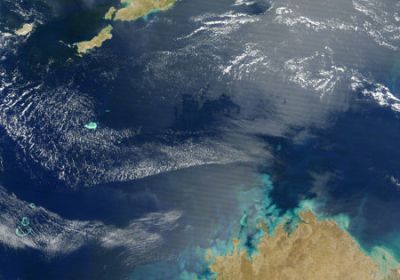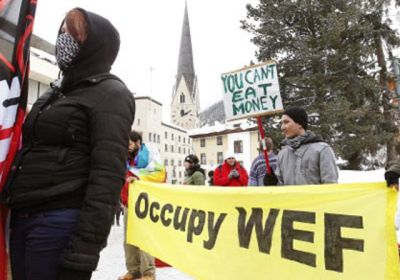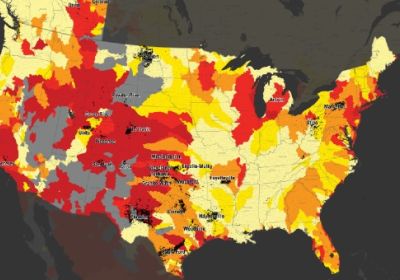
The irony of fracking is that it destroys the natural resource it needs most.
The tragedy for those living near fracking operations is that natural resource is the fresh ― and increasingly scarce ― water supply on which they, too, depend.
Fracking ― or hydraulic fracturing ― is the fracturing or rock by pressurised liquid. It is used to access several natural resources, such as shale gas and coal seam gas, in otherwise out-of-reach places.
